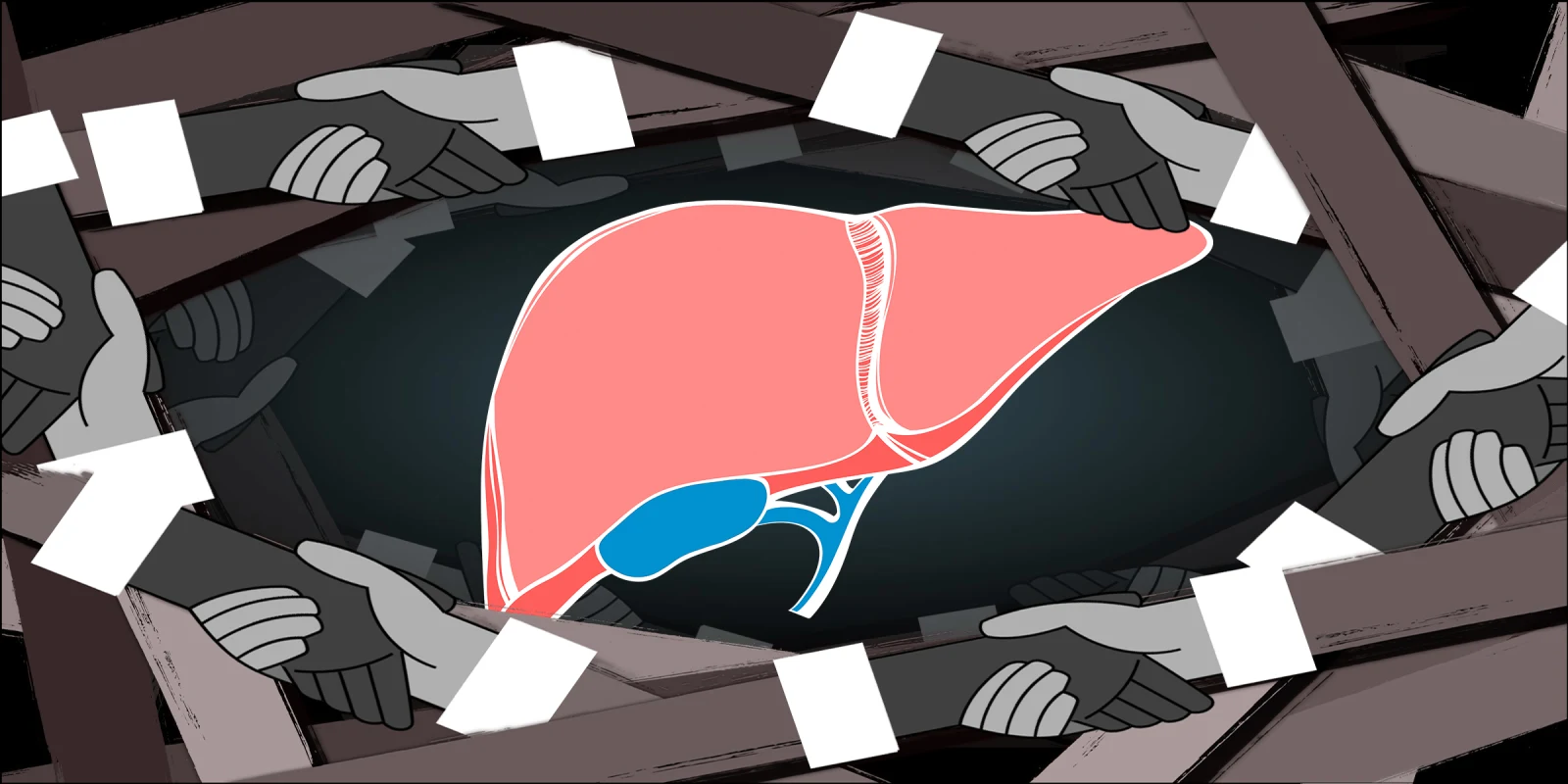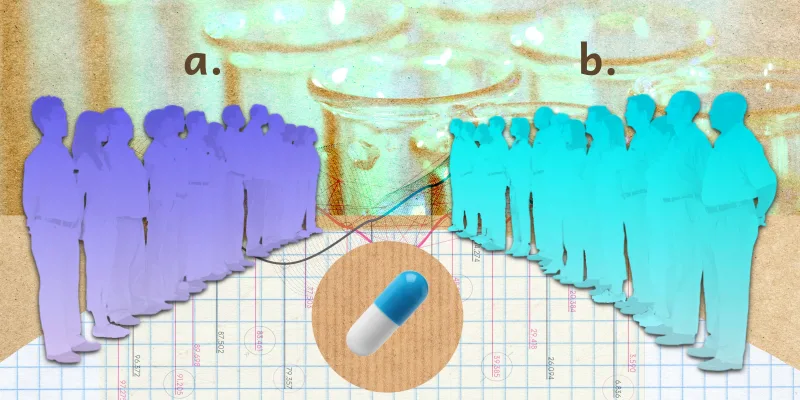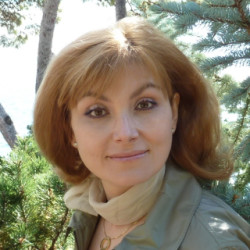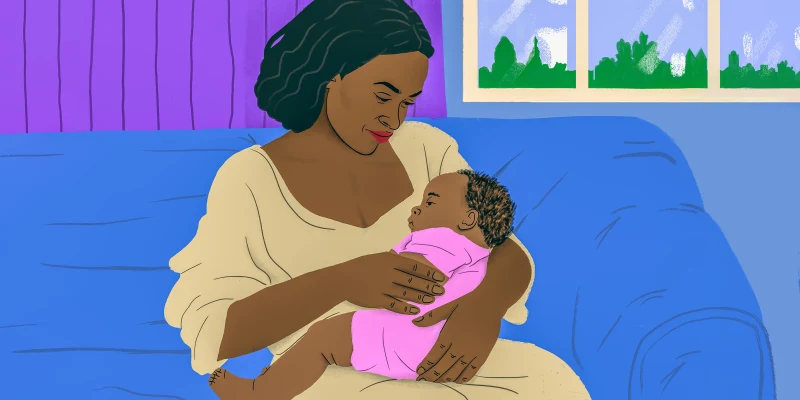Faculty from the University of California San Diego (UC San Diego) Division of Gastroenterology and Hepatology will play leading roles across basic, translational, clinical, and equity-focused programming at The Liver Meeting® 2025 in Washington, D.C. (Nov. 7–11). UC San Diego experts will help shape the agenda on steatotic liver disease—including conditions driven by metabolic dysfunction and alcohol use—highlighting natural history, global clinical trial endpoints, and therapeutic advances for MASLD, MetALD, and ALD. Additional sessions will address RNA nanomedicine; liver transplantation in complex candidates; the tumor microbiome; the pathogenesis of cholestatic disease; and diversity, equity, and inclusion in hepatology.
UC San Diego’s presence is anchored by Rohit Loomba, MD, MHSc, FAASLD, whose multi-session program spans clinical implementation and evidence generation in metabolic dysfunction–associated steatotic liver disease. Dr. Loomba will participate in “A New Era in MASH: How Disease-Specific Therapies Are Changing the Game and Best Practices for Clinical Integration” (Nov. 8, 12:30–2:00 p.m.) and will help define global consensus endpoints for clinical trials across SLD. He will also discuss Endpoints for Regulatory Approval in Alpha-1 Antitrypsin Deficiency–Related Liver Disease (Nov. 9, 9:55–10:10 a.m.), and join the Basic Science Workshop, “Ribonucleic Acid Nanomedicine: Transforming Chronic Liver Disease—Breakthroughs and Clinical Updates” (Nov. 9, 11:50–12:15 p.m.), underscoring the bench-to-bedside arc from biomarkers and endpoints to therapeutic adoption and real-world evidence. The last day of the conference, Dr. Loomba will present “Dual GLP-1 and Glucagon Receptor Agonist, Mazdutide, Resolved Steatosis in >60% of Participants with MASLD and Obesity in a Multicenter, Randomized Phase 2 Trial” at the Clinical Plenary Session (Nov. 11, 11:30–11:45 a.m.).
Monica A. Tincopa, MD, MSc, will highlight advanced clinical decision-making for high-risk transplant candidates in “Liver Transplant Candidates With Obesity: The Role of Pharmacologic and Endoscopic Interventions” (Nov. 9, 11:00–11:20 a.m.). She will also help drive equity-focused programming through the Inclusion and Diversity Committee Symposium on sociocultural complexities in hepatology and transplant care (Nov. 9, 5:00–6:30 p.m.) and will guide diagnostic rigor as moderator for “MASH Diagnostics: Advances, Limitations, and the Path Ahead (Session 2)” (Nov. 10, 11:00 a.m.–12:30 p.m.).
Veeral Ajmera, MD, will frame clinical practice in steatotic liver disease, spanning foundational concepts to therapeutic updates. He will present “Genetic Testing in MASLD, MetALD, and ALD: Should It Be Incorporated Into Clinical Practice?” (Nov. 8, 8:00–8:15 a.m.), highlighting recently published evidence from the MASLD Research Center, and will return for “Management of MASLD and MetALD: Practical Guidance on New Pharmacotherapies” (Nov. 8, 12:00–12:30 p.m.).
Rounding out the basic-science program, Bernd Schnabl, MD, will explore the interface between the microbial environment and carcinogenesis in “Microbial Crossroads: Exploring the Gut–Liver Axis in Liver Cancer” (Nov. 8, 2:45–3:05 p.m.), a session poised to influence future prevention and therapeutic strategies in liver cancer. Tatiana Kisseleva, MD, PhD, is featured in “Recent Advances in Primary Sclerosing Cholangitis Pathogenesis and Targets for Therapeutic Intervention,” spotlighting fibrogenic mechanisms and translational avenues in cholestatic disease (Nov. 8, 8:40–9:00 a.m.).
UC San Diego faculty also lead bedside innovation and education: Yuko Kono, MD, PhD, will teach across point-of-care ultrasonography and HCC surveillance sessions (Nov. 9 and 10, morning and afternoon blocks), while Heather Patton, MD, will moderate programs spanning MASH diagnostics (Nov. 10, 8:00–9:30 a.m.) and portal-hypertension management (Nov. 10, 2:00–3:30 p.m.).
The program features new data from the MASLD Research Center. Rohan Loomba will present “A Prospective Study of Phosphatidylethanol (PEth) as a Diagnostic Biomarker for Identifying Alcohol Use Disorder (AUD) Among Participants at Risk of Steatotic Liver Disease” (Nov. 10, 9:00–9:15 a.m.), which received a Student Award. Luis Antonio Díaz, MD, will deliver the oral presentation “Validation of Noninvasive Clinical Pathways to Identify Advanced Fibrosis in MetALD and ALD” (Nov. 10, 9:15–9:30 a.m.), which also received the 2025 Early Career Investigator Award in Clinical/Translational Science. Additional contributions include Federica Tavaglione, MD, PhD, on protective factors in type 2 diabetes using longitudinal MRI/MRE and stable-isotope tracing (Nov. 10, 5:00–6:30 p.m.), and Nikhil Kalita on the validation of new clinical obesity criteria for steatotic liver disease (Nov. 7, 12:45–1:15 p.m.). Do not miss other presentations from UC San Diego faculty, students and collaborators, including more than 70 posters.
Together, these sessions reflect UC San Diego’s integrated approach to liver disease—linking discovery science, global clinical-trial design, diagnostics, therapeutics, complex transplant care, and inclusive practice. Attendees will find UC San Diego faculty throughout the MASLD/MASH, ALD/MetALD, transplant, oncology, and cholestatic tracks, reinforcing the division’s role in setting standards and accelerating improved outcomes for patients worldwide.
Illustration by April Brust






